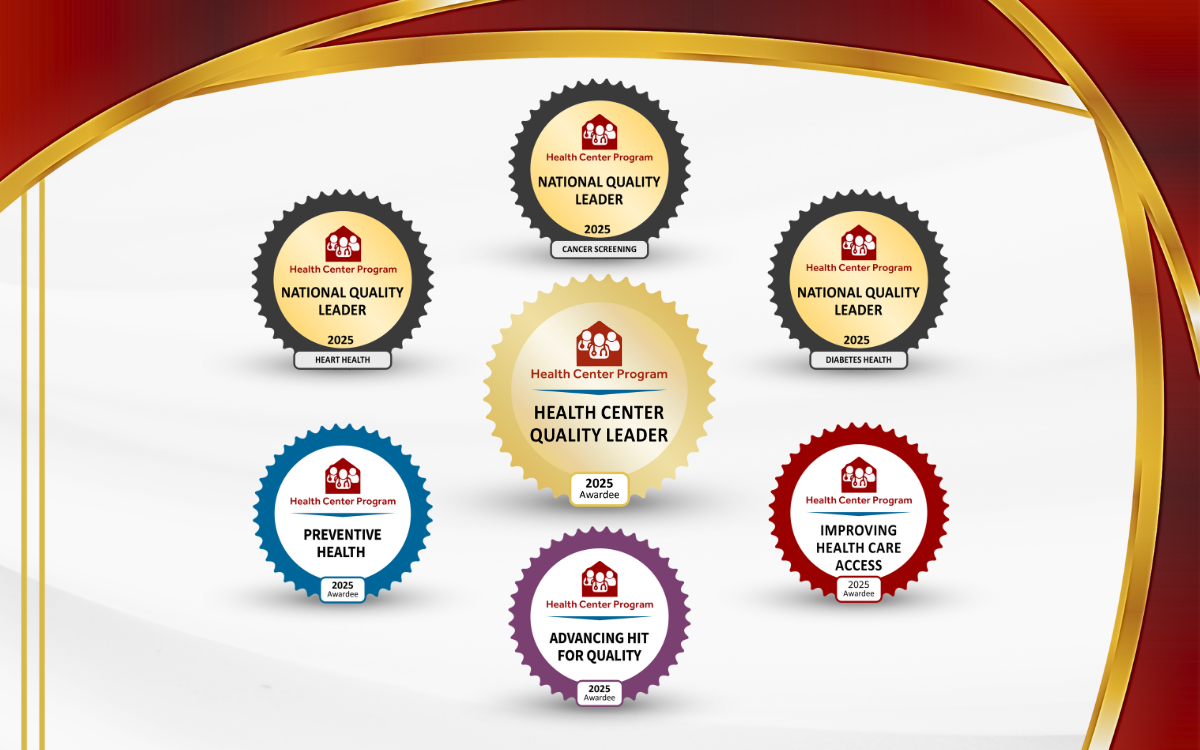Understanding Diabetes: A Simple Guide for National Diabetes Awareness Month

Diabetes is a chronic health condition that happens when the body cannot properly use or make insulin. Insulin is a hormone that helps control blood sugar (glucose), which our bodies need for energy. Without proper insulin function, blood sugar levels can become too high, leading to various health problems. Diabetes is among the leading causes of death in the United States.
Diabetes can affect anyone, including people of Asian, Indian, Filipino, and Pacific Islander descent. Genetic factors, lifestyle, and diet can contribute to the higher rates of diabetes in this community.
Here are five important tips for preventing diabetes:
Regular Check-ups: Schedule regular check-ups with your healthcare provider to monitor blood sugar levels, speak about your lifestyle and eating habits, and catch any potential issues early.
Healthy Eating: Incorporate fiber-rich foods in your diet, such as fruits, vegetables, whole grains, and lean proteins. Limit sugary drinks, snacks, and red meat.
Regular Exercise: Stay physically active with activities like walking, jogging, or dancing. Aim for at least 30 minutes of moderate-intensity exercise per day.
Know Your Family History: Understand your family’s health history, as genetics can play a role in diabetes. Share this information with your healthcare provider.
Manage Stress: Practice stress-reducing activities such as meditation, yoga, or deep breathing to help maintain overall well-being.
Language and cultural factors can play a role in healthcare access and management. Some people within the Asian American and Pacific Islander (AAPI) community face challenges in accessing diabetes-related information and healthcare services because of language barriers and cultural differences.
Since 1971, the Charles B. Wang Community Health Center has focused on providing crucial healthcare services, such as diabetes prevention and treatment, to Asian Americans and other underserved communities.
In November of 2023, we were recognized as a National Quality Leader in Diabetes Health by the Health Resources and Services Administration (HRSA)—the only health center in New York State to earn this distinction, and one of only six awardees throughout the United States. At our Health Center, your care team is at your side throughout the healthcare journey, helping you create a plan for health improvement and following up over time. The Charles B. Wang Community Health Center offers comprehensive screening and treatment for diabetes. Call 212-379-6998 to make an appointment at our Lower Manhattan locations, or 718-587-1111 for services at our Flushing locations. In addition to screenings and treatment services, our Health Center also offers specialized diabetes counselling from our certified dieticians.
Heading
Lorem ipsum dolor sit amet, consectetur adipiscing elit. Suspendisse varius enim in eros elementum tristique. Duis cursus, mi quis viverra ornare, eros dolor interdum nulla, ut commodo diam libero vitae erat.


Heading
Lorem ipsum dolor sit amet, consectetur adipiscing elit. Suspendisse varius enim in eros elementum tristique. Duis cursus, mi quis viverra ornare, eros dolor interdum nulla, ut commodo diam libero vitae erat.
The Charles B. Wang Community Health Center is a nonprofit and federally qualified health center offering comprehensive primary care services to all in six convenient locations in Manhattan and Queens seven days a week.



.png)




